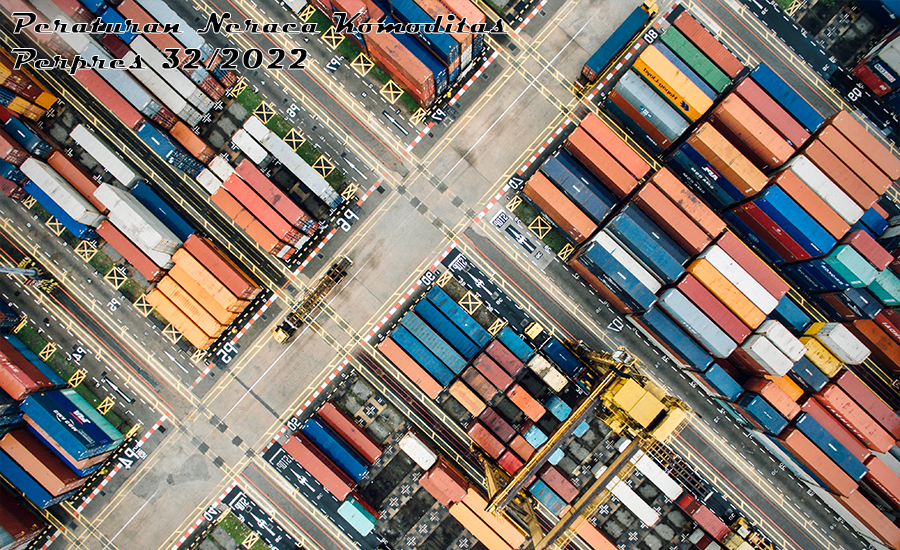Indonesia implements new trade governance following the issuance of Presidential Regulation No. 32 /2022 on Commodity Balance. This regulation aims at facilitating simplification and transparency of licensing in the export and import sector. The regulation is also intended to provide accurate and comprehensive data so that it can be the basis for formulating import and export policies.
Definition
Commodity balances refer to data and information about the consumption and production situation of certain commodities. These commodities reflect the needs of the population and industrial needs within a certain period of time that are determined and applied nationally. The commodity balance has the following functions:
- The basis of the issuance of the export and import approval
- Reference of the data and information on the consumption and production situation of a commodity on a national scale
- Reference of the data and information on conditions and projections of national industrial development
- References of the issuance of licenses to support business activities in the field of import and export from ministries/non-ministerial government agencies fostering the commodity sector
Commodity Balance System
Article 5 of Presidential Regulation No. 32/2022 stipulates that commodity balance is accommodated in the National Commodity Balance System (SNANK). This system is a sub-system of the Indonesian National Single Window (INSW) system. To complete the export and import licensing process, business actors is required to process it through SNANK only.
Data and information submitted from business actors will be distributed by SNANK to the relevant ministries or government agencies. It is expected that the existence of an integrated export and import licensing service system facilitate business actors to manage the export and import license easier.
This system is also expected to eliminate duplication of data. Through SNANK, data on export and import realization from the Ministry of Finance and data on export and import approvals from the Ministry of Trade to the relevant ministries or government agencies can be accessed. In addition, access rights to the SNANK dashboard is given to the president and related ministries or government agencies to facilitate them to monitor the real time condition of the commodity balance and the export and import situation .
Changes in Indonesia’s Export and Import Commodity Balance
The commodity balance can be revised under several conditions such as natural disasters, non-natural disasters, new investments, government priority programs and other conditions. Changes in this regulation will be determined based on a coordination meeting at the ministerial level or a technical coordination meeting held by echelon 1 officials (pejabat tinggi madya). These changes include data such as port of destination, country of origin, port of loading and time of entry. Changes can be made for granting export or import approval.
Determining of Indonesia’s Export and Import Commodity Balance
In 2021, the government set commodity balance for five commodities, namely meat, fishery, rice, salt and sugar. The government has determined that all commodities requiring Import Approval (PI) and Export Approval (PE) will be implemented based on the commodity balance in stages.
Related news:
Sistem Informasi Perdagangan dalam PP 5/2020
Kebijakan Penyaluran Kredit Usaha Rakyat Telah Direvisi
